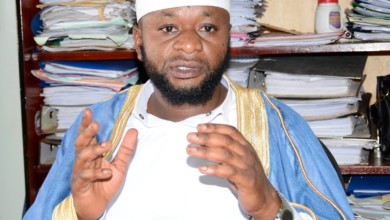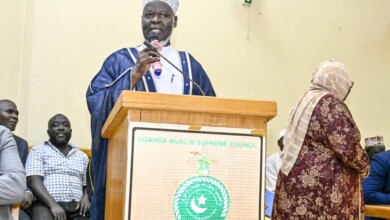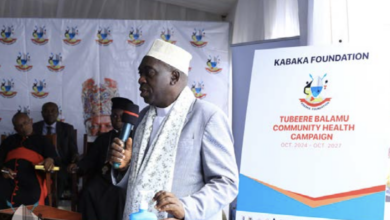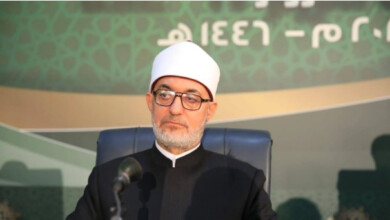Mubaje’s Tiktok criticism overshadows Eid prayers
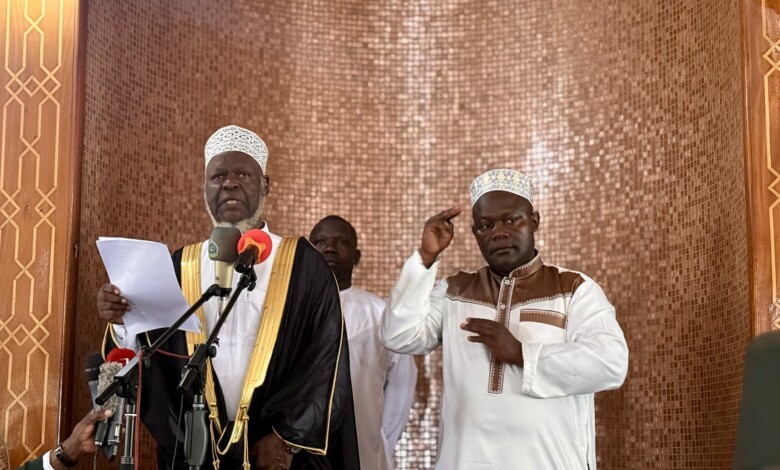
Ugandans celebrated Eid al-Fitr on Sunday, March 30, marking the end of Ramadhan with prayers and festivities. However, the joyous occasion took a controversial turn when Mufti Sheikh Ramadhan Mubaje used his sermon at Old Kampala National Mosque to launch a scathing attack on TikTok, sparking a nationwide debate about social media regulation.
Addressing thousands of worshippers, Sheikh Mubaje condemned TikTok as a platform that promotes idleness, hate speech, misinformation, and sensationalism. He called on the government to regulate its use, drawing parallels to the 2021 shutdown of Facebook.
“Authorities must act against those misusing TikTok, just as they did with Facebook, before it’s too late,” Mubaje declared.
The Mufti also criticized unqualified clerics who use TikTok to spread what he termed ‘misleading teachings’, particularly during Ramadhan.
“Many self-proclaimed sheikhs on TikTok distracted committed Muslims with unverified religious content,” he claimed.
Mubaje’s remarks ignited fierce reactions online, with many Ugandans accusing him of being out of touch with modern digital trends.
Social media influencer Tamale Mirundi Jr. fired back.
“Who told Sheikh Mubaje to open a TikTok account? If he doesn’t like it, he should delete the app instead of calling for a ban,” he said.
TikTok has become a vital platform for entrepreneurs, content creators, and influencers, offering an affordable way to market businesses and create jobs. Many young Ugandans rely on the app for income, making Mubaje’s call for restrictions unpopular among the digital-savvy young generation.
Government responds: No plans to ban TikTok
The government swiftly distanced itself from the Mufti’s demands.
Dr. Chris Baryomunsi, Minister for Information, ICT, and National Guidance, clarified that while authorities are monitoring social media misuse, there are no plans to shut down TikTok.
“We will not ban TikTok like some of the religious leaders have requested, but we are exploring technologies to filter harmful content and regulate usage responsibly,” Dr. Baryomunsi stated.
He also addressed the ongoing Facebook ban, explaining that negotiations with Meta, owners of Facebook are underway to resolve the 2021 suspension, which was triggered by the platform’s alleged political bias during elections.
“The challenge with Facebook was that it took sides in the partisan competition in the last general election. But we have been engaging with Facebook with a view of harmonizing our positions and once these discussions are concluded, we may open it,” Dr. Baryomunsi explained.
While Facebook’s ban was seen as politically motivated, TikTok—primarily used for entertainment and commerce—may not face the same fate.
However, Mubaje’s remarks have thrust the platform into the spotlight, prompting discussions about digital responsibility and religious authority in the digital age.



